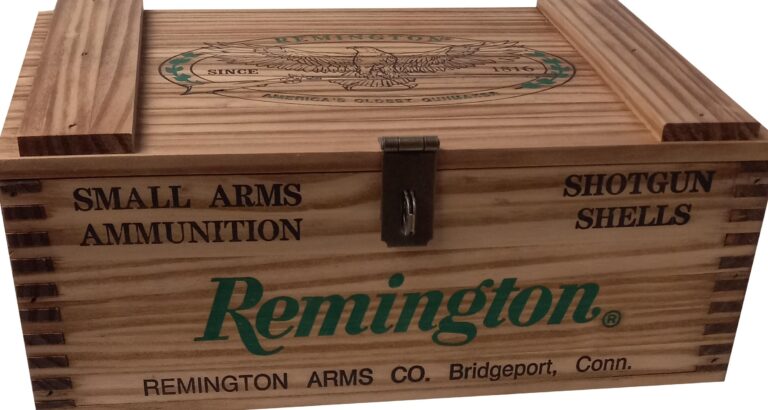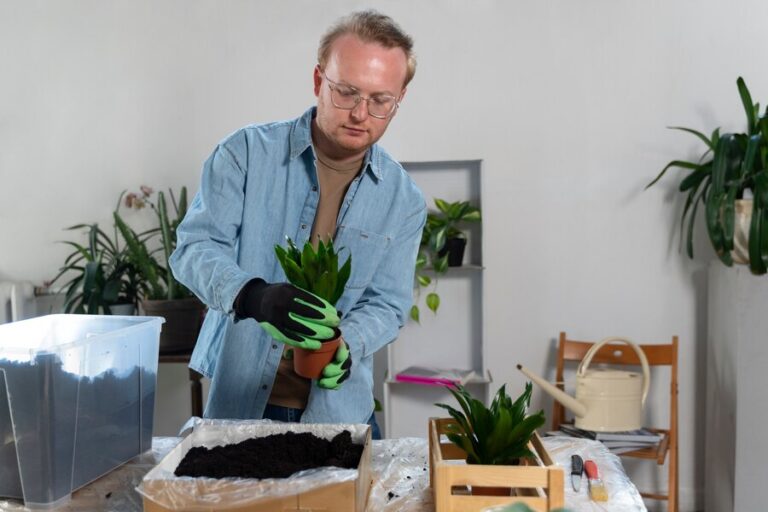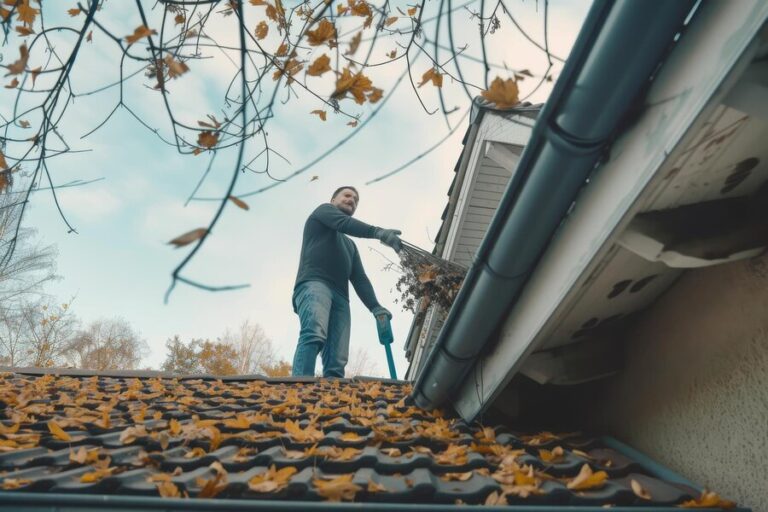Signs You Need Rodent Control: How to Identify a Rodent Infestation in Sydney
Rodents can be more than just a nuisance; they can pose severe risks to your health and property. But how do you know if you have a rodent problem? Many people in Sydney face rodent issues without even realising it.
What are the telltale signs of an infestation, and when should you seek help? Let’s explore the key indicators that suggest you may have unwanted guests in your home. Plus, gain insights on how a rodent control service in Sydney can help manage infestations when found.
Droppings: A Clear Indication of Rodents
Droppings are among the most common and visible signs of an infestation. These small, dark pellets are typically found near food sources, in cabinets, or along baseboards. If you notice droppings in your home, it strongly indicates that rats have been active. The presence of droppings often suggests that they are feeding and nesting nearby.
Gnaw Marks: Evidence of Rodent Activity
Rats constantly need to gnaw to keep their teeth sharp and manageable. Seeing gnaw marks on furniture, walls, or food packaging indicates they are around. These marks can appear on wooden surfaces, plastic containers, and even electrical wiring, posing a fire hazard. Pay attention to any unusual damage which may indicate a problem.
Strange Noises: Hearing the Pitter-Patter of Paws
They are often most active at night; you may hear them scurrying around when the house is quiet. Listen for scratching, squeaking, or tiny feet running across floors or inside walls. These noises strongly indicate that they are moving around your Sydney home.
Nests: Rodents Make Themselves at Home
In Sydney, they build nests using soft materials like paper, fabric, or insulation. These nests are often hidden in dark, secluded areas such as attics, basements, or behind appliances. If you come across a nest, it’s a sign that they have settled in and are likely breeding. A nest means the infestation is well-established and may require professional intervention.
Unusual Odours: A Telltale Smell
Rats leave a distinct, musky odour that becomes more noticeable as the infestation grows in Sydney. This smell is often most robust in enclosed areas like cupboards or behind walls. If you detect an unusual odour in your home that doesn’t have an obvious source, it could be due to an infestation.
Tracks and Runways: Signs of Regular Rodent Paths
They follow the same paths repeatedly, leaving greasy marks, footprints, or urine stains behind. These tracks are often found along walls, baseboards, or dusty areas. If you notice these marks, it’s a sign that they have established regular routes in your home and are likely travelling between their nest and food sources in Sydney.
Pet Behaviour: Animals Sensing Something Unusual
Pets can often detect rodents before you do. If your dog or cat suddenly starts paying unusual attention to certain areas of your home, such as scratching at walls or staring at specific spots, they may react to their presence. Trust your pet’s instincts, which can be a valuable indicator of an infestation in Sydney.
Why Hiring Pest Control is the Best Solution
After identifying a rodent infestation, hiring a rodent control service in Sydney is the most effective approach. While DIY methods may offer temporary relief, they often fail to address the root of the problem. Professional pest control services have the expertise, tools, and experience to eliminate rodents from your home.
They can also implement preventative measures to ensure the infestation doesn’t return. Choosing a professional service resolves the current issue and protects your home from future risks, providing peace of mind.
Don’t wait to address the issue if you notice these signs. A rodent control service in Sydney can help you manage the infestation and prevent further damage to your home. Ignoring the problem could lead to health risks and costly repairs. By acting quickly and enlisting professional help, you can protect your home and family from the dangers posed by rodents.







